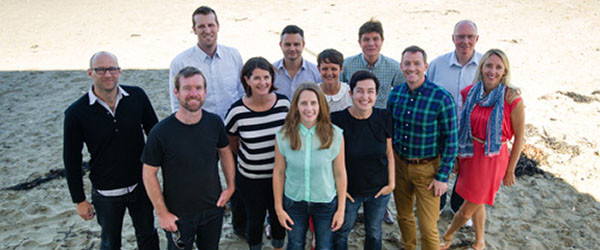Home
About Us
Page 2
Essentially, this program has been established to make use of the aforementioned "omics" technologies to develop predictive modeling processes of infectious disease initiation, progression and outcome.
|
|
The guidelines of the grant requires that the applicants develop a program that has a solid foundation on data analysis and mathematical modeling to identify, quantify, model and predict the architecture and dynamics of systems-wide host/pathogen molecular interaction networks, including metabolic, regulatory and signaling networks, at different stages of infection.
The program hopes that the State-of-the-art next-generation sequencing, transcriptomics, proteomics, metabolomics and other high-throughput "omics" technologies could successfully enable the efficient generation of very large experimental data sets that can be integrated to build/train predictive computational models of complex biological systems.
To support these initiatives, the NIH is set to administer funds in the amount of $13,000,000.
The institutions and organizations who will be deemed eligible to participate this program are the following:
a) State Governments
b) County Governments
c) City or Township Governments
d) Special District Governments
f) Independent School Districts
g) Public and State Controlled Institutions of Higher Education
h) Native American Tribal Governments
i) Nonprofit Organizations
j) Small Businesses
k) Private Institutions of Higher Education
OMICS Technologies For Predictive Modeling of Infectious Diseases Program
Back to Page 1
About The Author Michael Saunders is an editor of TopGovernmentGrants.com one the the most comprehensive Websites offering information on government grants and federal government programs. He also maintains Websites providing resources on environmental grants and grants for youth programs. |
Additional Resources
category - Health Grants
Developing and Strengthening Services and Systems that Support Family Cohesion and Respond to the Separation of Children in Democratic Republic of Congo
Predictive Lung Deposition Models for Safety and Efficacy of Orally Inhaled Drug Products Program.
Academic-Community Partnership Conference Series Program
Government Grants Within The United States Health Sector
Follow @topgovtgrant
Social Entrepreneurship
Spotlight
Social Enterprise Incubator Garners Funds to Help Social Enterprises in New Zealand

Hikurangi, a registered charity founded in 2008 and has since morphed into a social enterprise incubator, has bagged a $1.27 million to fund main programs: countrywide workshops and clinics, advisory services, incubation, and a social enterprise accelerator pilot.
